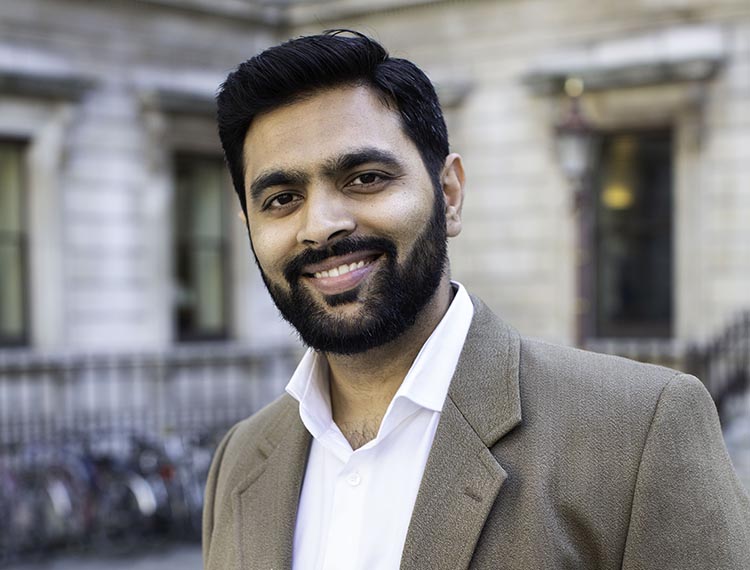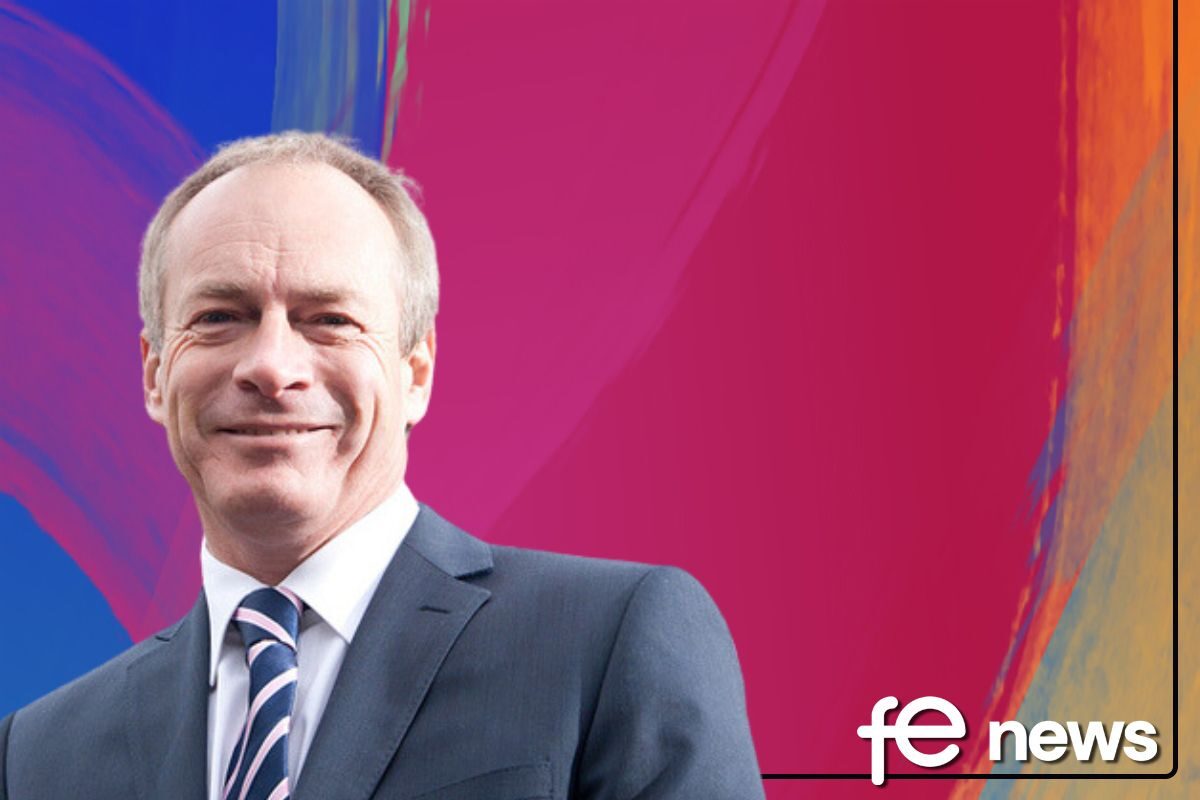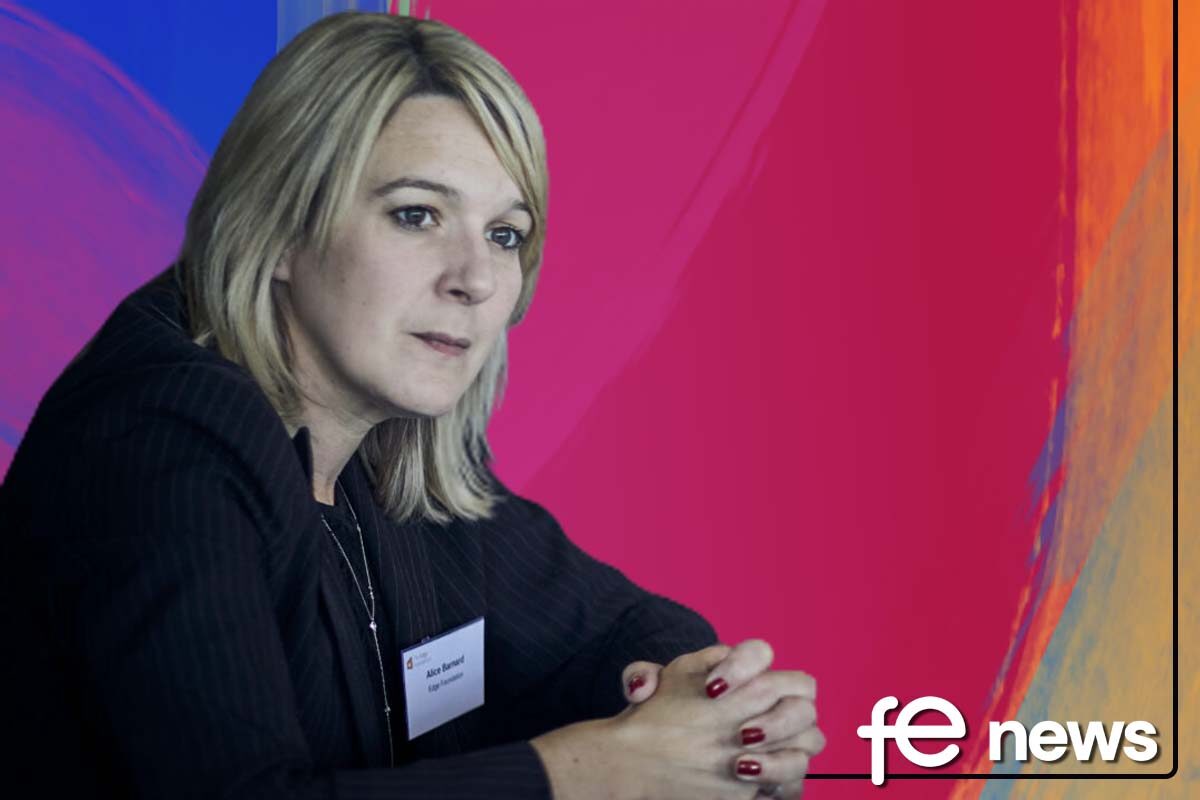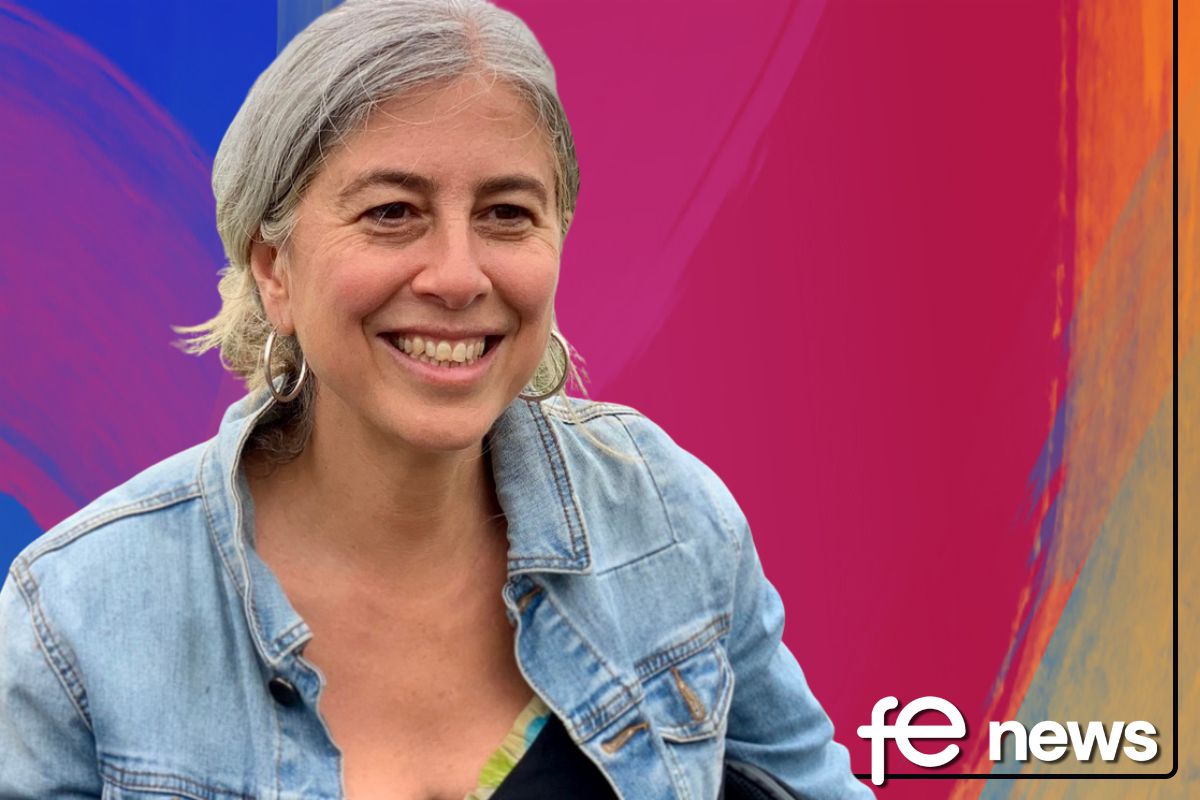The Rise and Evolution of the UK Liberal Arts Movement

When in a casual chat polymath Douglas Hofstadter mentioned to Harvard professor E.O. Wilson that two of their mutual friends were based at liberal arts colleges, Wilson wasn’t surprised: “Yes, marvellous thinkers and teachers like that are much more likely to be found in smaller liberal-arts colleges than at fancy Ivy League universities, which always hire only ‘cutting edge’ people who have no interest in deep ideas, but are simply super-narrow ‘world-class’ specialists in some tiny discipline”.
Wilson was fully conscious of the cult of specialisation pervading mainstream academia:
“Harvard is chock-full of these ‘world-class’ folks, but if someone asked me where their child could get a true education, I would always recommend a small (liberal arts) college rather than an elite place like Harvard, which is far too snobby and trendy. You can get plenty of prestige from going to Harvard, but you won’t get nearly as good an education.”
The irony of a Harvard don (and one of the world’s leading intellectuals) expressing the superiority of liberal arts colleges is telling.
Liberal arts is defined according to the Encyclopaedia Britannica, as a ‘college or university curriculum aimed at imparting general knowledge and developing general intellectual capacities, in contrast to a professional, vocational, or technical curriculum’. With ‘liberal’, in Latin meaning ‘worthy of a free person’, its aim is to stay free of the dogma that surrounds early specialization. This is as true for the scholar as much as for the student.
The modern liberal arts system has of course been widespread in the United States for many decades. Ironically though, it actually originated in Antiquity Europe, and is now, centuries later, finding its way back with great force.
In the UK, this approach to higher education was initially pioneered by the Open University since its inception in 1969 when it offered the general degree, which later became the Open Programme through which students would be allowed to design their degree content according to their own particular diverse needs and interests.
More recently, a major wave of liberal arts programmes has swept across UK universities. In 2010, the University of Winchester launched its BA (Hons) Modern Liberal Arts programme, and a seminal moment arrived in 2012 when UCL founded its widely hailed bachelors of arts and sciences programme.
The founder and director of that programme – Professor Carl Gombrich – has since become one of the thought-leaders in UK higher education:
“Students want more choice and new structures in their education”, he insists.
“Very many students can now see that the idea of studying a single discipline for 3- 4 years looks odd in 2021, and that an education structured like this does not fit well with their interests or futures”.
Both the supply and demand for such programmes clearly support his observation. Growth has been very fast for the last 10 years, with up from a handful of degrees in the early 2010s to around 30 now. The University of Birmingham became the other major university focusing on the art-science synthesis, whereas universities such as Bristol, Leeds, Nottingham, Exeter, Sussex, Durham and St Mary’s have followed suit with their own, more humanities-focused take on the liberal arts degree.
Even conventional discipline-based programmes have begun to recognise the need for subject diversity. As Gombrich points out, “a great many degrees now have ‘electives’ or ‘options’ outside the nominated degree programme so very many degrees are becoming more flexible and ‘liberal arts-like’”.
This movement and a burgeoning culture of acceptance of this model led to another historic moment in 2018, when a completely new startup dedicated exclusively to interdisciplinary higher (and executive) education was set up, and in 2020 became the first new provider to secure degree awarding powers without emerging from an earlier institution or being validated by another provider for over 50 years. What’s more, the London Interdisciplinary School (LIS) brought on board Carl Gombrich as its Academic Lead and Head of Teaching & Learning.
Gombrich felt that the LIS was onto something even more progressive than conventional liberal arts programmes. “LIS is unique (at least in the UK): we have complex, real-world problems at the centre of our curriculum, he says. “The complex, real-world problems and interdisciplinarity are intimately connected (you can’t tackle the problems without an interdisciplinary approach) so it makes sense to do this”. This approach makes the LIS curriculum very different to standard liberal arts programmes, which still rely on teaching separate subjects/disciplines. Moreover, their “real-world problem” focus means that they work much more closely with external partners such as businesses and community stakeholders to create the learning experience than traditional higher education institutions.
The emergence of LIS onto the scene is indicative of the rate at which the UK liberal arts movement is innovating. It also demonstrates an increasing recognition of how outdated much of the higher education system has become and how out of sync the standard discipline-based approach to learning is with the dynamic and exponential changes in the world of work. It appears that degrees previously dismissed as too generalist or even “wishy-washy” are now considered a valuable approach to preparing young minds for the complex challenges that lie ahead.
The liberal arts movement in the UK is not only alive and well, but it is evolving into that great leap of innovation the higher education system so desperately needs to stay relevant. So whether you’re an employer, academic, policy-maker, parent or student seeking to stay ahead of the game, the bandwagon is travelling fast and picking up speed.
Waqas Ahmed is a member of the LIS faculty, founder of the DaVinci Network and author of The Polymath (Wiley 2019).
Waqas’ work spans the fields of visual art, neuroscience, international affairs, intercultural education, health and fitness and world history.











Responses